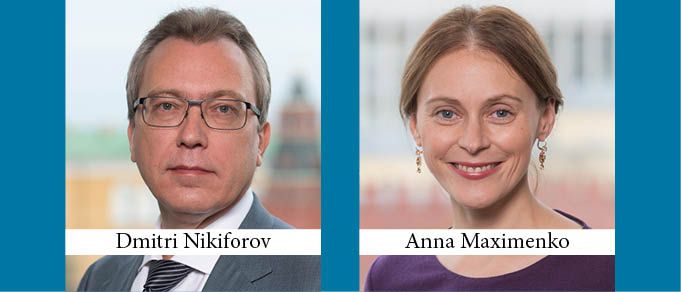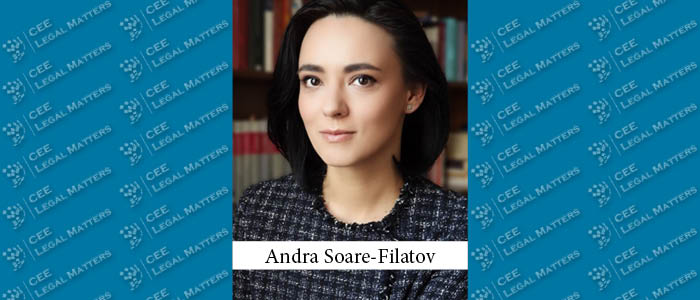In 2016, Russian law enforcement authorities had some success in investigating and combatting bribery. For the first time in several years, the majority of cases involved bribe-taking, rather than bribe-giving, and involved significant bribe amounts. The number of cases against bribe-takers increased by 19.7% from 2015, while the number of cases against bribe-givers increased by only 4.4%. This trend continued in the first half of 2017; the Russian Ministry of Internal Affairs and law enforcement authorities registered 3,362 cases of bribery, of which 2015 cases concerned bribe-taking and 1,347 cases concerned bribe-giving.
Though the average amount of a bribe remains rather low (RUB 326,000 in 2016 (approximately USD 5,566)), in the first half of 2017 several major bribery cases were commenced. For example, in April 2017, the governor of one of Russia’s constituent entities was charged with taking a bribe in amount of RUB 236 million (approximately USD 4 million) for entering into a conspiracy aimed at the preferential provision of state subsidies to a company owned by a regional parliament member. The bribe was transferred by means of a sale of shares in an entity controlled by the governor. Several persons involved in the case were taken into custody, including the governor and intermediaries in the transaction. This case follows another investigation against a governor, who earlier this year was accused of taking RUB 140 million (approximately USD 2.4 million) from several construction firms for preference in getting payments from the state budget and granting subsoil use licenses. The governor was arrested. Both cases are under investigation.
In 2017, the State Duma adopted a law that introduced a register of persons dismissed from office due to loss of trust. This register, which will start operating on January 1, 2018, will include state and municipal officials as well as officers of certain companies (in particular, state corporations and organizations established to fulfill assignments given to a federal state authority) who were terminated for committing corruption-related crimes. Though the law currently does not directly provide any consequences for being entered onto the register, in practice inclusion will prevent individuals from further employment in state and municipal authorities and institutions and companies rendering public functions and cause major reputational damage.
Effective enforcement of anticorruption measures and prevention of corruption crimes depends significantly on international cooperation, as proceeds from corruption offences as well as transactions aimed at their “laundering” often reside outside Russia. Russia’s National Plan on Counteracting Corruption for 2016-17 declared international cooperation in this field to be one of its main aims, stating that such cooperation would assist with the discovery, seizure, and return of ill-gotten assets. Moreover, it stated that the Ministry of Foreign Affairs should actively participate in international anticorruption events, such as the anticorruption working groupsof APEC, G-20, and BRICS.
One of the first examples of international anticorruption investigation involving the participation of Russian law enforcement authorities was the Teva Pharmaceuticals case. In December 2016, Teva, a leading pharmaceutical manufacturer, agreed to pay USD 519 million in penalties in a settlement with the U.S. Department of Justice and the Securities and Exchange Commission as a result of an FCPA investigation against the company. Teva was accused of entering into a conspiracy to win state tenders for the supply of pharmaceuticals and increasing the sales of its drugs to the state with a high-ranking Russian state official who controlled the company’s Russian distributor. The Israeli and U.S. law enforcement authorities that carried out the investigation applied to the Russian Investigative Committee for the provision of documents and materials required to push the case forward. The Investigative Committee, in its turn, cooperated with the Russian Ministry of Healthcare in collecting evidence. However, it is yet to be seen whether a criminal and/or administrative illegal remuneration case against Teva and its officers will be commenced in Russia.
By Dmitri Nikiforov, Partner, Anna Maximenko, International Counsel, and Elena Klutchareva, Associate, Debevoise & Plimpton
This Article was originally published in Issue 4.9 of the CEE Legal Matters Magazine. If you would like to receive a hard copy of the magazine, you can subscribe here.
























